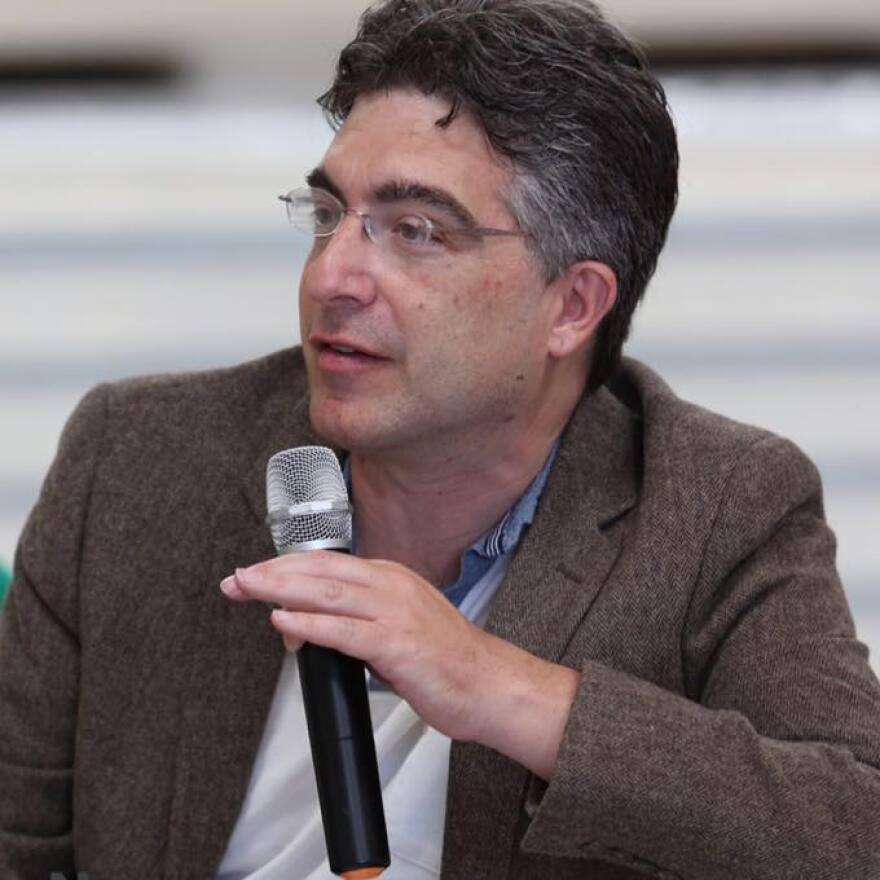Commentary: "I just didn’t think … the question of who first wrote down the poem, was an ethically important one," Callard writes. "I thought that when I succeeded in memorizing the poem, it became 'mine.'"
If we examine the moral norms we hold around plagiarism, we run into questions about what can be called "mine." I cannot own an idea, but the law says that if I conduct independent research and arrange ideas into a book, I can "copyright" that material.
Yet what makes a thought or particular arrangement of words or musical notes sufficiently original that we deserve to call it ours?
First, we need a system that posits the existence of creator-owners and treats their expressions as property.
The notion of intellectual property ostensibly assures compensation for intellectual labor, so to speak. It provides, at least, legal recourse to publishers in the event I suddenly self-publish and sell "The Guardians" as my own original novel, and not John Grisham's.
In academic environments, plagiarism norms are part of a system used to govern student grades, assure fair competition and promote scholars.
Callard argues, however, that these conventions are commonly suffused with unexamined moral attitudes. "Outrage against plagiarists is about protecting idea-creators, not readers," she writes. "If we were primarily worried about informing readers rather than protecting the pseudo-rights of writers, the reaction to a failure to cite would have a very different emotional valence."
As I reflect on it, that emotional dynamic has less to do with a phantasmic notion of property than valuing acknowledgement and personal trust. We are taught to regard plagiarism as stealing, but it may violate relationships in other, more harmful ways.
What I discovered in that theater long ago was akin to discovering someone had lied to me about something personal; strangely, I felt misled and violated.
Was anyone harmed, though?
Experience is personal, yet inspiration is shared — it is communal. While it may feel truthful to describe an understanding or experience as "mine," property does not seem a fitting metaphor for explaining why personal expression and communication matter.
A year ago, an up-and-coming poet named Ailey O'Toole admitted to lifting lines from several other poets. The first to come forward was Rachel McKibbens, from whom O'Toole had lifted material McKibbens wrote about surviving a violent childhood.
McKibbens wrote in reaction: “Who are we, if not our words? Who are we if we are not allowed to tell our own stories? I survived my own vanishing. I arrive in my art.That is where I map my forgiveness, my sorrow, my joys."


